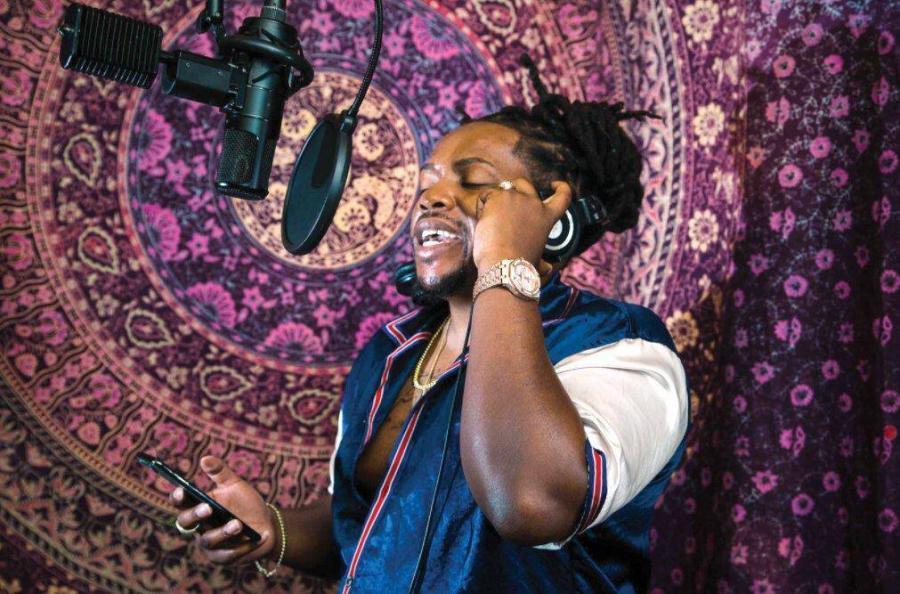One of the main values of hip-hop, as a culture and an art form, is as a creative outlet for Black and Latino youth to create art that reflects their lived realities. As the scholar Murray Forman reminds us, hip-hop is an entryway into conversations about the politics of race, space, and place. The storytelling and coming-of-age narratives within the music allows artists to offer introspective versions of their lives.
This is exactly what Shelby, North Carolina native Clifton Gordon seeks to accomplish with his music.
Musically, Gordon is known as Felipe Luciano, a name he was given by an elder gang member while he was active in gang culture. The name is fitting: The original Felipe Luciano is an Afro-Latino poet and community activist. In the sixties, he served time in prison for manslaughter. Upon his release, he attended college and became an influential leader in his community. Luciano was a member of the Last Poets, a Black Power-era group mentored by Amiri Baraka, whose politically charged music and spoken word performances laid the groundwork for hip-hop. He was also a member of the Young Lords Party, a radical Latino youth-led activist group that was once gang-affiliated.
Like Luciano, Clifton Gordon also spent time in prison. During his five-year sentence, he began taking college-credit courses through UNC-Chapel Hill’s Correctional Education Program (CEP). Since his release, Gordon’s time has been spent pursuing his music career and investing in the youth from his hometown. With the help of his wife, he launched Helping Our People Excel (HOPE), a nonprofit that focuses on historically underserved young people. The organization offers resources and programs that teach financial literacy, ownership, business development, and more—all themes that are present in Gordon’s music.
“I remember growing up, we were super, super poor,” Gordon says. “I want to help kids that are in my position and give them a better chance because I felt like when I was younger, if I would have had that, I could’ve been like Barack Obama or somebody.” I spoke with him over the phone about what he learned in prison and his effort to modernize gangster rap.
Full article here: https://indyweek.com/music/features/clifton-gordon-aka-felipe-luciano-interview/










